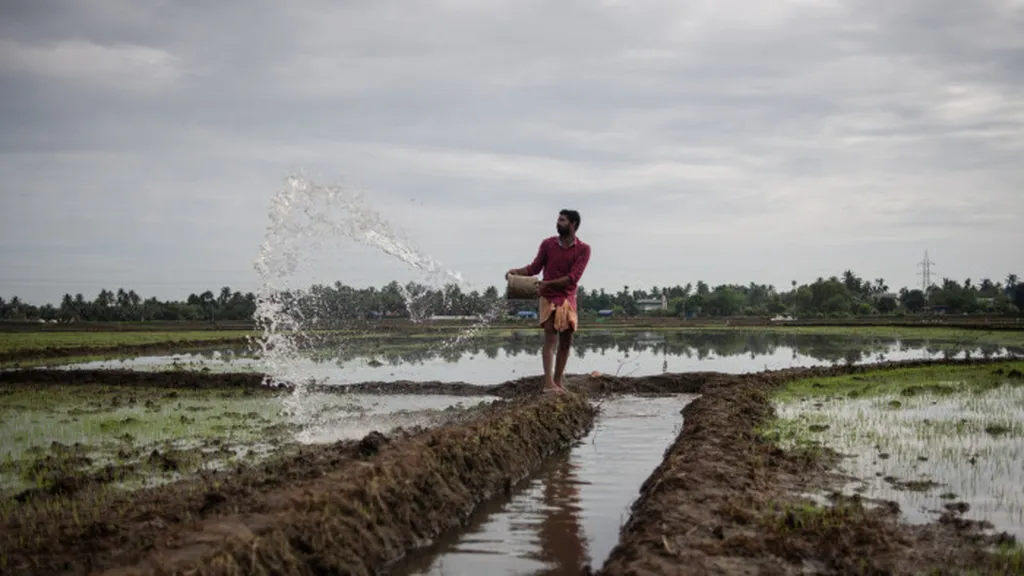In the heart of South Africa’s Free State Province, a critical study is shedding light on how farmers can play a pivotal role in sustainable water management, a factor that could significantly impact the energy sector’s future. Markus A. Monteiro, a researcher from the Department of Agricultural Economics at the University of the Free State, has delved into the complexities of farmers’ intentions to adopt water-saving technologies (WSTs), publishing his findings in the journal *Scientific Reports* (which translates to *Nature Research Reports* in English).
Agriculture is a thirsty industry, guzzling about 70% of the world’s freshwater resources. With water scarcity looming and food demand surging, the pressure is on to find innovative solutions. WSTs promise to slash water usage while keeping crop yields high, but adoption rates have been sluggish. Monteiro’s research aims to change that by uncovering the psychological drivers behind farmers’ decisions to embrace these technologies.
Using the Theory of Planned Behavior (TPB) as a framework, Monteiro investigated the intentions of maize irrigators in the Orange Riet Irrigation Scheme. The study employed partial least squares structural equation modeling (PLS-SEM) to parse out the key factors influencing WST adoption. The results were revealing: attitudes and subjective norms—essentially, farmers’ beliefs about WSTs and the influence of their peers—emerged as significant predictors of adoption intentions. Perceived behavioral control, however, didn’t show a notable impact.
“Our findings suggest that interventions should focus on raising awareness about the benefits of WSTs and leveraging social networks,” Monteiro explained. “Addressing barriers like high upfront costs and technical complexity is also crucial.”
So, what does this mean for the energy sector? Water and energy are inextricably linked, with agriculture’s water use having a direct impact on energy demand. By adopting WSTs, farmers can reduce the energy required for water pumping and treatment, lowering operational costs and carbon footprints. Moreover, sustainable water management can mitigate the risks of water scarcity-induced energy shortages, ensuring a more resilient and efficient energy supply.
Monteiro’s research offers a roadmap for policymakers, agritech companies, and energy stakeholders to collaborate on targeted strategies. Awareness campaigns, peer engagement initiatives, and financial incentives could all play a part in accelerating WST adoption. As Monteiro put it, “By understanding the factors driving WST adoption, we can develop strategies that enhance sustainable water management and contribute to global goals like ending hunger and poverty.”
In an era of climate change and resource depletion, this research is a beacon of hope, illuminating the path towards a more sustainable future for agriculture and the energy sector alike. The study not only advances our understanding of farmers’ decision-making processes but also paves the way for innovative solutions that can ripple through the entire agritech and energy landscape.

